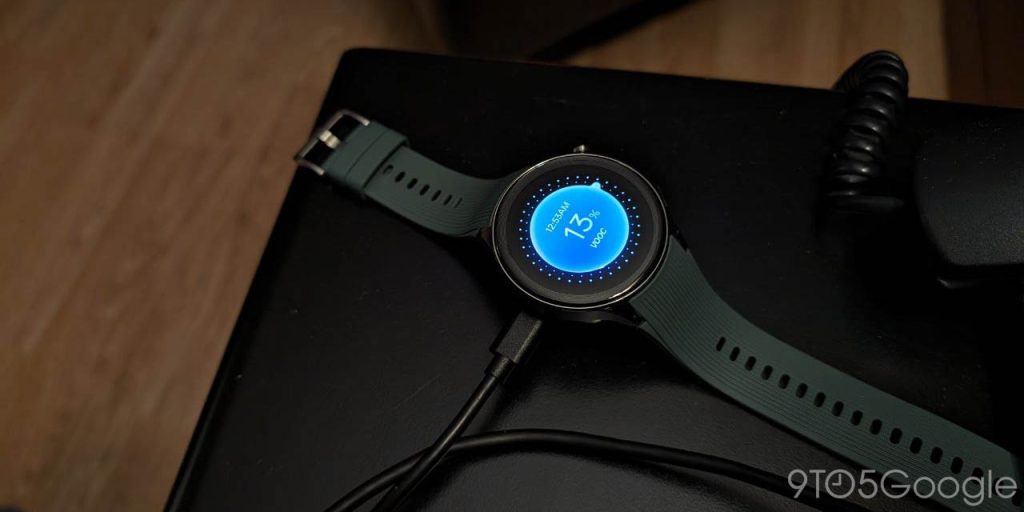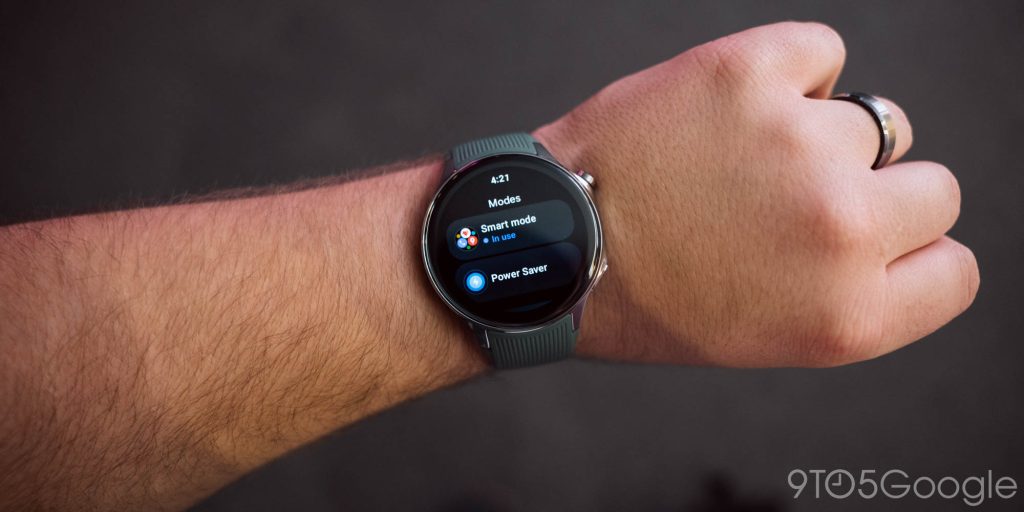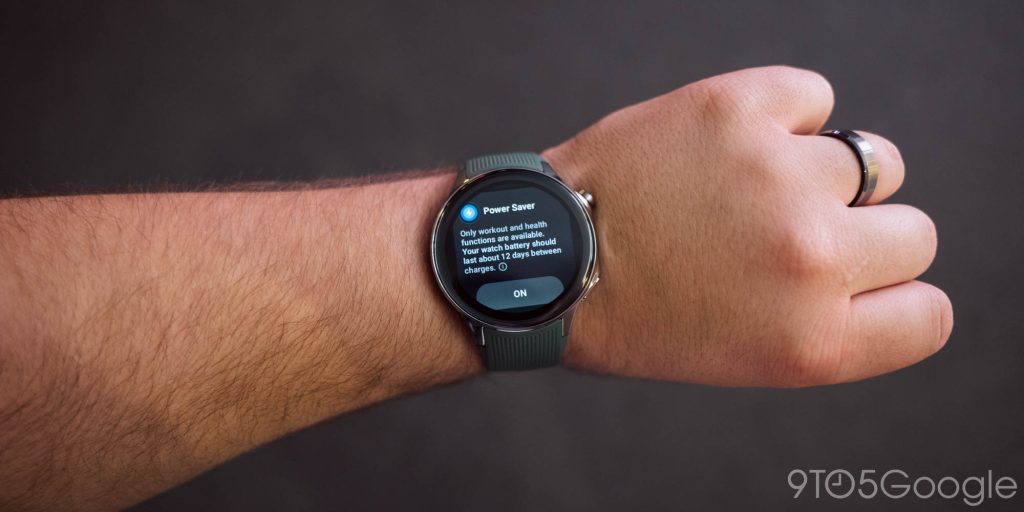
I took my first trip to Europe this week and, while packing, neglected to grab the charger for the OnePlus Watch 2 I planned to wear. Luckily, the OnePlus Watch 2 is supposed to have amazing battery life, but how long can you really stretch that out?
Here’s my dilemma. I flew to Europe this week for MWC and planned to put the OnePlus Watch 2 through its paces on the trip.
The problem? I forgot the charger.
My trip was set to last from Friday through Thursday, well beyond the OnePlus Watch 2’s 100-hour promise for useful battery life. Then again, what better way to see how long this thing actually lasts?
The torture test started at 8am ET on Friday, February 23, with a long travel day ahead of me. The OnePlus Watch 2 would be tasked with tracking my steps and heart rate while delivering hundreds of notifications during a 7-hour layover before my jaunt across the pond. It was about halfway through that layover that I’d realized my mistake of forgetting the charger back at home. So the pressure was on for the battery to last.
By boarding time for my flight to Barcelona, the battery had reached 88%. Not too shabby, but there’s plenty of time to go.
At this point, let’s look at some background for my settings. I’m on OnePlus’ default “Smart Mode” which hits a maximum of 100 hours. My always-on display is turned off, and the watch face being used is the “Gravity” face that has roughly four data points coming in, all OnePlus’ meaning the best possible endurance.
Throughout the flight, the OnePlus Open the Watch 2 was never connected to Wi-Fi, so I didn’t expect the Watch to dip very far through the flight. Really, all I did with it during the flight was check in on my heart rate through the measurement app a couple of times. Somehow, though, I got off the 6-hour flight with just over 50% left. Not a great sign.
Through Saturday, February 24, the Watch 2 kept delivering notifications more than anything and had more energy than I did by the end of the day. By Sunday morning, it was at roughly 25%, and that was without sleep tracking the night before. By mid-day, the battery had hit 20% and the watch prompted me to turn on Power Saver mode. This still promised two days of use, and it really opened up an entire other way to use this watch.
While other Wear OS watches have a mode to get a couple of extra days out of the last few percent, the OnePlus Watch 2 just turns off Wear OS to do this. When you activate this mode, RTOS takes over entirely. The benefit to this is that you still get a nearly fully functional smartwatch. It can still track health data, deliver notifications, and even show a color watch face, all while sipping power. There are downsides, like losing all Wear OS apps, not being able to reply to notifications, and other random little tidbits like, bizarrely, not being able to see the current battery percentage, but the experience is remarkably similar.
RTOS and Wear OS visually look almost the same, to the point where switching to Power Saver feels identical until you look at the closer details.
That last 20% ended up getting me through the rest of Sunday as well as through the day on Monday, all without any real battery anxiety. Of course, I’d miss things in this mode like Wallet or Maps directions, but the fact that I can squeeze so much functionality out of that last 20% is pretty amazing.
Monday night is where the journey ended. Luckily, being at a tech trade show, it wasn’t too hard to find someone to loan me a charger for a quick top-off (thanks, Nick!). On plugging in the Watch 2, it was shown to have 13% left in the tank after roughly 24 hours on Power Saver mode. That means I could have made it around another full day, if not close to two left on RTOS. Not bad at all!

OnePlus’ approach to battery life on the Watch 2 managed to keep this thing alive longer than any other smartwatch I could have brought with me. Had I been wearing a Pixel Watch 2 and forgotten its charger, I would have had no choice but to just go and buy a charger somewhere (though, to Google’s credit, at least that’s a common option in retail stores, which definitely is not an option for OnePlus). The dual-OS strategy meant that, not only did I have a fully functional Wear OS watch for a couple of days, but I also had a still-useful smartwatch for quite a while longer.
Top comment by Paul Williams
That's very good, but also a reason why wireless charging is also needed, so you can then just do reverse charging for your mobile phone if you forget your charger.
Ultimately, the OnePlus Watch 2 lasted about 83 hours before I finally charged it up, with a little less than half of that being in the limited RTOS mode.
The OnePlus Watch 2’s endurance is impressive, to say the least, but it’s also clearly not immune to Wear OS weirdness as evidenced by the unexpected 30% drop on my flight, but as mentioned, I’m not sure this situation could have worked at all with any other capable smartwatch.
The OnePlus Watch 2 is launching for $299. Stay tuned for our full review, coming soon (and drop a comment below with any questions you might have!).
More on OnePlus:
- OnePlus Watch 2 goes official for $299 with Wear OS 4 and 100-hour battery
- Wear OS 4 ‘hybrid interface’ will ‘dramatically’ boost battery on OnePlus Watch 2
- Review: OnePlus Open is the best foldable, as long as you can put up with OxygenOS
Follow Ben: Twitter/X, Threads, Bluesky, and Instagram
FTC: We use income earning auto affiliate links. More.






Comments